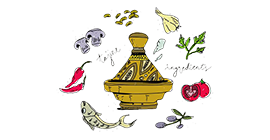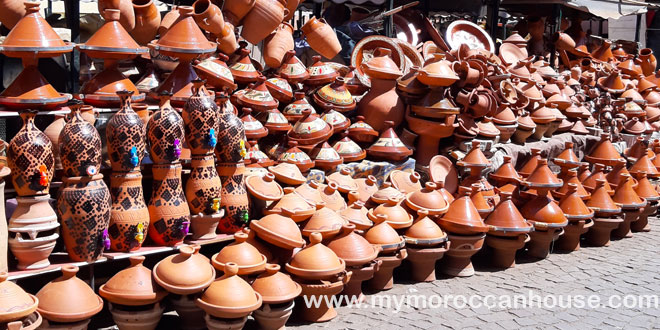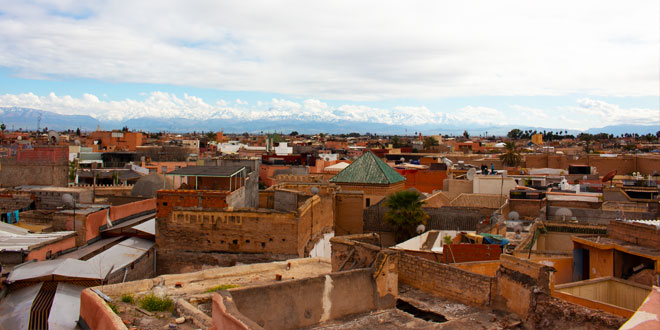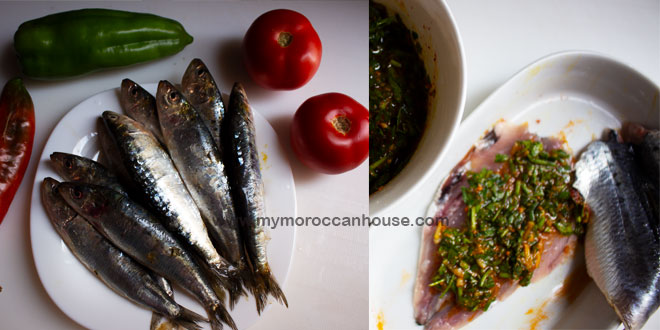You have reached this interesting post as you might be among those who have asked the following questions: Do Moroccans speak French in their daily life? Does Morocco have French culture? Is Morocco French or Spanish? Do they speak French in Marrakech? if so, you have come to the right place.
Do Moroccans Speak French in Their Daily Life?
In general, most people of Morocco do not speak French in their daily life. The mother tongue and the official language of the country are Arabic, in addition to the Amazigh language.
However, It should be mentioned that the Arabic language spoken in Morocco is quite different from the traditional Arabic or literary written Arabic. Here in Morocco, we speak Darija which is a simplified version of Arabic, a kind of “street Arabic”.
Some studies show that one in three Moroccans speaks French, which makes 35% of the population. Nevertheless, being a Moroccan citizen I could state that most families, in Marrakech in particular, do not speak French in their daily life. I would rather assume that most Moroccan youths are deviating more towards learning and speaking the English language.
However, being colonized by France for over 40 years, Frenchman will be totally understood in Moroccan streets. French speakers can express themselves and engage in dialogue in the French language, almost everywhere and with almost everyone, particularly in urban areas.
Due to the close and long-standing economic relations that unite Morocco and France, French is used in administration, education, in the media and press, in street signs.
On the other side, the Moroccan bourgeoisie has almost made the French language their mother tongue. French is spoken in the posh families of Morocco.
Does Morocco Have French Culture?
As a whole, Morocco has its unique culture which is a harmonious marriage of Arabic, Amazigh, and Andalusian cultures. Though It is more than half a century after the country’s independence, the French language remains widespread in Morocco, but nowadays it seems to be falling in schools and universities.
Morocco is a country where many languages are spoken. Darija, a Moroccan dialect derived from Arabic, is the most widely spoken language. Quite different from standard Arabic, it has a different pronunciation, conjugations, and vocabulary.
Similarly, Morocco has a rich thousand-year-old cultural heritage marked by the mixing of several Berber, Carthaginian, Roman, Arab-Muslim, and Andalusian civilizations. The outcome is a marriage of traditions, habits, and customs of different Amazigh, Arab-Muslim, Hassanian, Andalusian, Mediterranean, and African cultures; the fact that gives Morocco a rich and diversified cultural heritage. Each region has its particularities, thus contributing to enriching Moroccan cultural diversity.
Is Morocco French or Spanish?
The quick answer is that Morocco is neither French nor Spanish. Morocco has its own rich cultural heritage.
As to languages, Spanish is spoken in the north of the country, in regions close to Spain where the influence of the Iberian Peninsula remains important. French,
French is the language of business and university studies. Many Moroccans are fluent in French and can at least engage in basic communication, due to the fact that the country was colonized by France.
Although English is used much less than French, its popularity has continued to grow. As Morocco develops, English has become an important language for doing business. Several universities now offer programs in English and there are language centers in most cities. Getting around speaking only English can be difficult, but you will very often come across English speakers.
It should be noted that Moroccans, born in a land of mixing, exchanges and international tourism, show astonishing ease in learning and practicing languages. Thus tourists never fail to be surprised that young adolescents can express themselves in several languages
Do They Speak French in Marrakech?
The official language in Morocco is Arabic. But being colonized by the French regime means that French is a widely spoken language in Morocco, thus in Marrakech. The French language is taught to Moroccan students from primary school. However, it seems that French is falling in schools and universities.
In Marrakech, French speakers will have no difficulty in making themselves understood. Shop keepers and people working in the tourism sector had to learn French, together with other international languages, to be able to develop their trade with tourists.
What Is so Special About Morocco? Reasons Why You Should Visit Morocco
Morocco is a land of glamorous and vivid contrasts. The gateway to two continents, it is a country of breathtaking landscapes, rich in history and heady with magnific scents and spectacular sights.
While the countryside is home to old traditions and diverse peoples, the ever-growing urban centers boast incredible new architecture together with the old, and activities to suit all modern tastes.
Morocco’s diverse geography, multicultural atmosphere, and rich history make it a mesmerizing country.
Its towns offer a striking contrast of ancient kasbahs, mosques and souks and modern architecture, with a
mix of Berber, Arab and African peoples.
In the crowded ancient medinas, young men in designer jeans haggle over cell phones alongside traditionally dressed women shopping for housewares.
In the fertile countryside, a farmer riding on a goat is as common a sight as a television satellite perched on a mud-brick roof.
Moroccan culture is extremely rich and difficult to pigeonhole. Moroccan landscape includes beaches, mountains, lakes, forests, and deserts.
Morocco is a unique blend of Arab, African, and European ways of life, and the Moroccans wouldn’t have it any other way.
Moroccan cuisine is rich and varied, owing to a variety of cultural influences. Meat is well-spiced and lean, vegetables are fresh and abundant, and everything is permeated with spices.
Moroccan cooking is quite labor-intensive and dishes are pleasingly presented as well as meticulously prepared.
Beef, lamb, fish, and chicken are all popular and used in a variety of dishes. Pigeon and turkey are also available, and the seafood in the coastal cities is not to be missed.
Meat is prepared according to Islamic halal regulations.
Rice, semolina wheat, and barley grains are used for a variety of dishes. A wide range of spices is used, including cumin, saffron, paprika, ginger, cinnamon, red and black pepper, and a special mixture called ras al-hanout is widely used in Moroccan cuisine.
A typical Moroccan meal starts with something fresh or cooked salads, olives and pickled vegetables and bread, and sometimes a cold beverage. The main course is then brought out, usually in a large pot, or tajine.
Moroccans will either eat from the main dish with their hands or using spoons, or serve food on to individual dishes.
After the main course is through and plates are removed, various fruits are arranged on the table, and mint tea is served, sometimes with Moroccan cookies.



